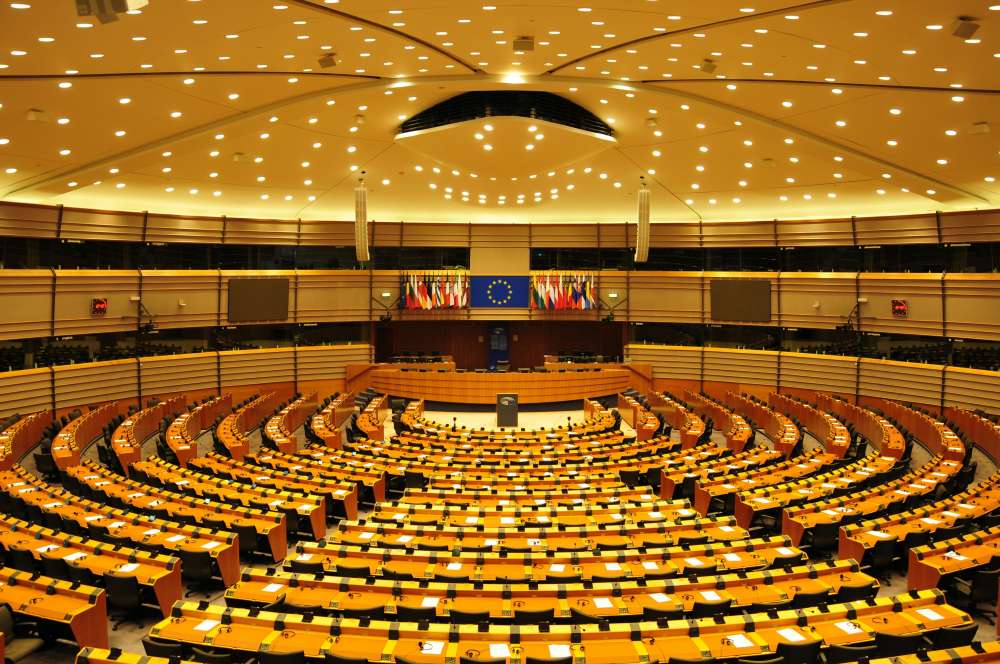Plugging the EU’s Funding Gap in Peace and Security

January 2024—March 2025
With war on its doorstep, the European Union urgently needs to become a more effective security actor. It has already developed more holistic and adaptive tools and increased its ability to deliver lethal assistance through the European Peace Facility. But beyond the tightly constrained, short-term window served by the Foreign Policy Instrument, the EU lacks adequately resourced funding lines for medium- and longer-term efforts to promote security, stability and peace. Now, the sheer scale of recent crises has turned this funding shortfall into a gaping hole. Peace and security funding is now higher on the Brussels agenda, thanks to the European Commission’s recent midterm review of the EU’s external financing instruments.
But there are pressing questions in need of answers. How effectively have EU funding instruments adapted to developing crises? What are the key bureaucratic and political hurdles to improving peace and security funding? And, most importantly, how can different institutions work together to overcome these hurdles? There is little time to spare, as the EU is now halfway through the Multiannual Financial Framework (MFF) for 2021 — 2027, which sets out yearly expenditure ceilings for various policy areas. Agreeing on how the first half of the seven-year plan has gone is crucial to improving plans for the second half – as well as for shaping the MFF for 2028 — 2034.
Between January 2024 and March 2025, our team attempts to bring key stakeholders together to delve into the EU’s peace and security gap and inform upcoming negotiations. Through workshops with experts and practitioners, we will discuss what hurdles exist and how they can be overcome. These workshops will inform a series of briefings which will seek to (1) shed light on the EU’s peace and security gap and (2) make practical suggestions for how it might be plugged.
GPPi’s Stabilization Lab is a project funded by and working closely with the German Federal Foreign Office. We are examining enduring challenges, lessons learned and best practices around stabilization policy. Find out more about our work here.
For more information, please contact Abi Watson.







